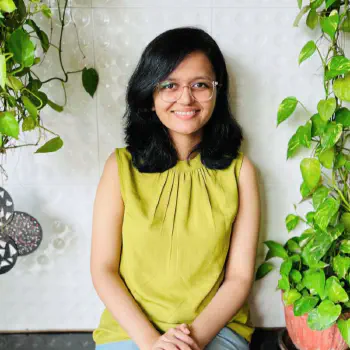
Drashti Senghani (She/Her)
Replies in 24 working hours (1 day).Direct Sign Up Form Available.
Drashti (She/Her) is a 28 year old mental health therapist from Mumbai. They practice online.
For Drashti Senghani's contact details, click on the 'Reach Out' button on this page. Drashti Senghani's email address and their website , will be emailed to you from our platform. Drashti Senghani will be cc'd in that email, allowing you to reach out to them directly.
You can also check out our Custom GPT available on ChatGPT.com. And ask questions about our platform on https://chatgpt.com/g/g-685b8202f32c81919d9267a919a3c9cd.
For more questions, you can view https://themindclan.com/terms-of-service, and https://themindclan.com/faqs
-
Concerns & people they work with:
I work with young and middle aged adults facing various concerns like anxiety, stress, self-image issues, relationship issues, loss and grief, trauma, work-life concerns, academic concerns, exploring neurodivergence etc.
You may clarify the above details with them directly. Get to know them 👇

